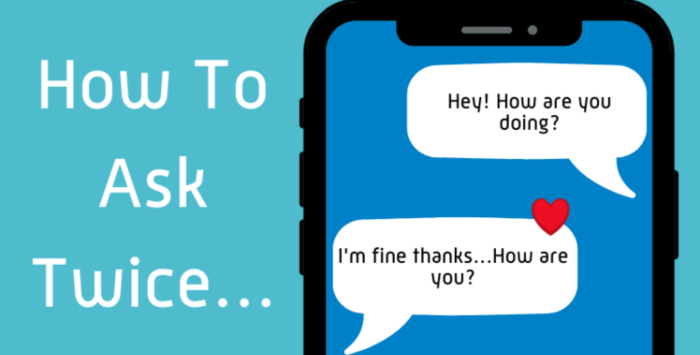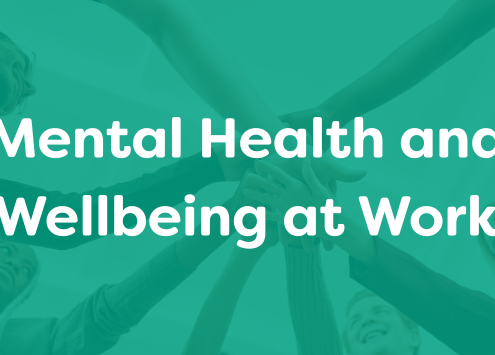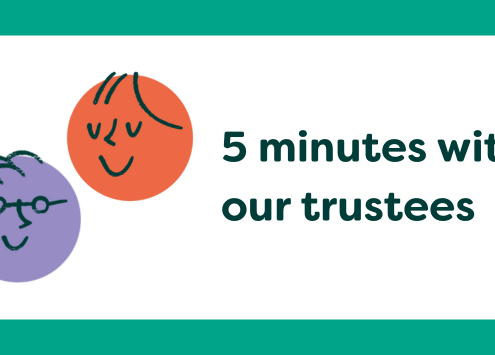 https://steponecharity.co.uk/wp-content/uploads/2026/02/Legacy-blog-2026.png
355
700
Isaac Mann
https://steponecharity.co.uk/wp-content/uploads/2024/02/step-one-wellbeing.svg
Isaac Mann2026-02-11 15:19:122026-02-11 15:34:31Leave a Legacy of Support: Make a Will Week 2026
https://steponecharity.co.uk/wp-content/uploads/2026/02/Legacy-blog-2026.png
355
700
Isaac Mann
https://steponecharity.co.uk/wp-content/uploads/2024/02/step-one-wellbeing.svg
Isaac Mann2026-02-11 15:19:122026-02-11 15:34:31Leave a Legacy of Support: Make a Will Week 2026Research released by Time to Change reveals that, when asked, over three quarters (78%) of us would tell friends and family we are “fine” even if struggling with a mental health problem.
‘’How are you?’’
We all hear it several times a day but the chances are your response is always the same – ‘’Fine thanks, how are you?’’
It might feel like we’re stuck in a never-ending conversational circle, repeating ourselves rather than offering someone an answer that genuinely reflects our true feelings.
One in four of us will have mental health issues at some point in our life. Nonetheless, according to Time to Change study, more than three-quarters of us (78%) would tell friends and family that we’re alright, even if we’re dealing with a mental health issue.
So, how often do you ask twice? Let’s assume something is up with your significant other. Perhaps they’ve become withdrawn from everyone and everything around them. How do you deviate from the automatic response of ”I’m fine” to find out what’s really going on? Here are just a few tips on how to ask twice.
‘’Are you sure you’re okay?’’
This one is short and simple. ‘’Are you sure?’’ allows your loved one to take the opportunity to open up slightly more.
‘‘Cool. Let me know if you want to talk a bit more about it.’’
This one is slightly more subtle than the previous one. Without confronting them to reveal their true feelings, it allows the individual to feel safe as the person who has asked them how they are, actually wants to know how they are. This is extremely valuable when you are letting someone know they’re not alone.
‘’How’s work?’’
We worry about prying when it comes to others’ mental health but it’s good to ask questions, despite how boring the question may be. It allows your loved one to get things off their chest and by keeping that conversation going, it shows that you really care.
‘’I’ve noticed that you’ve been sleeping a lot more than usual. Is there anything you want to talk about?’’
By indicating that you’ve noticed a change in behaviour, you give them the opportunity to confirm or deny what you’re saying. You’re not telling them to express how they feel, you’re initiating a conversation that gives them a chance to address their change in behaviour.
‘’I’ve been feeling a bit stressed lately too.’’
This is a good way to get the conversation rolling and to also let them know that they’re not the only one who experiences mental health difficulties. It’s important to be truthful though, don’t make up a problem to trick them into telling you how they feel. It has to come from the heart.
Ask twice with interest. Listen and take what your loved one has to say seriously. It can really show that you care and can play a huge part in preventing someone from reaching a crisis point.










